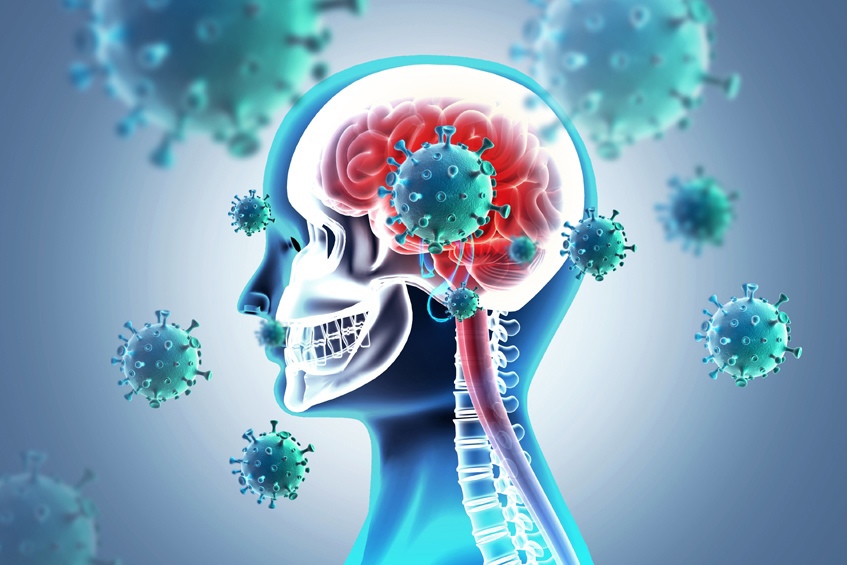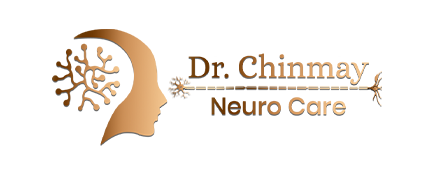
What is Neuro-Infection ?
Neuro-infectious diseases refer to a wide range of infections that affect the nervous system, including the brain, spinal cord, and peripheral nerves. These infections can be caused by bacteria, viruses, fungi, or parasites. When the nervous system is affected by infections, it can lead to severe health problems, including chronic conditions, neurological impairments, or even life-threatening situations.
Symptoms of Neuro-Infection Diseases
The symptoms of neuro-infection diseases can vary widely depending on the type of infection and the specific part of the nervous system affected. Common symptoms include:
1. Fever – A common sign of infection in the body.
2. Headaches – Often severe, especially in infections like meningitis.
3. Seizures – Can occur when the brain is affected.
4. Weakness or Paralysis – Often affects the limbs or face.
5. Cognitive Disturbances – Symptoms such as confusion, memory loss, or difficulty thinking clearly.
6. Sensory Impairments – Numbness, tingling, or loss of sensation.
7. Speech and Coordination Problems – Difficulty speaking, walking, or maintaining balance.
Additional symptoms may include:
· Drowsiness or lethargy
· Confusion or altered mental state
· Seizures due to brain involvement
The exact symptoms depend on whether the infection is affecting the brain, spinal cord, or peripheral nerves, and which organisms (bacteria, viruses, or fungi) are causing the infection. Prompt diagnosis and treatment are essential for managing these infections effectively.
Causes of Neuro-Infection Diseases
Neuro-infectious diseases can be caused by various microorganisms, each affecting the nervous system in different ways:
- Bacterial Infections: Bacteria can enter the nervous system via the bloodstream or direct
contact, leading to serious conditions such as meningitis or brain abscesses. - Viral Infections: Viruses like herpes simplex, HIV, and enteroviruses can infect the brain and
nervous system, causing symptoms ranging from mild to severe, including cognitive issues,
motor dysfunction, and sensory disturbances. - Fungal Infections: Though rare, fungal infections can affect the brain and spinal cord, especially in individuals with weakened immune systems (e.g., those undergoing chemotherapy or living
with HIV/AIDS). - Parasitic Infections: Parasitic organisms like those responsible for malaria or neurocysticercosis can invade the brain and nervous system, causing neurological damage.
Neuro-Infections Treatment by Dr. Chinmay Kumbhar
Neuro-infections can affect the brain, spinal cord, or peripheral nerves, leading to serious neurological issues. Dr. Chinmay Kumbhar, an experienced neurologist in Pune, specializes in diagnosing and treating these conditions. With his expertise and personalized care approach, he helps patients recover from a wide range of neuro-infections, ensuring the best outcomes for both adults and children.
Why Choose Dr. Chinmay Kumbhar for Neuro-Infections Treatment?
- Experienced Neurologist: Dr. Chinmay Kumbhar, an experienced neurologist in Pune, brings
years of expertise in treating complex neurological infections. - Comprehensive Care: Offering a holistic approach, from diagnosis through recovery, tailored to each patient’s needs.
- State-of-the-Art Facilities: Access to advanced imaging and diagnostic tools for accurate results.
- Patient-Centered Approach: Focusing on the individual needs of each patient to ensure the
most effective treatment and recovery. - Expertise in Pediatric Neurology: Specialized care for children and adults with neuro-infections, ensuring safe and effective treatment for younger patients.
Frequently Asked Questions (FAQ's):
Ans: Diagnosis involves a thorough medical history, neurological exams, imaging techniques (like MRI or CT scans), and laboratory tests (such as blood tests and cerebrospinal fluid analysis).
Ans: Treatment depends on the type of infection. It may include antibiotics for bacterial infections, antivirals for viral infections, antifungals for fungal infections, or antiparasitic treatments. Supportive care is also provided to manage symptoms.
Ans: Treatment duration varies depending on the type and severity of the infection. Some infections may require weeks of treatment, while others may need longer-term care and monitoring.
Ans: If you notice symptoms like a high fever, headaches, seizures, or changes in behavior, consult Dr. Chinmay Kumbhar immediately for proper diagnosis and treatment.
Ans: Yes, if left untreated or not managed properly, neuro-infections can lead to long-term neurological issues such as cognitive impairment, motor skill problems, and seizures.
